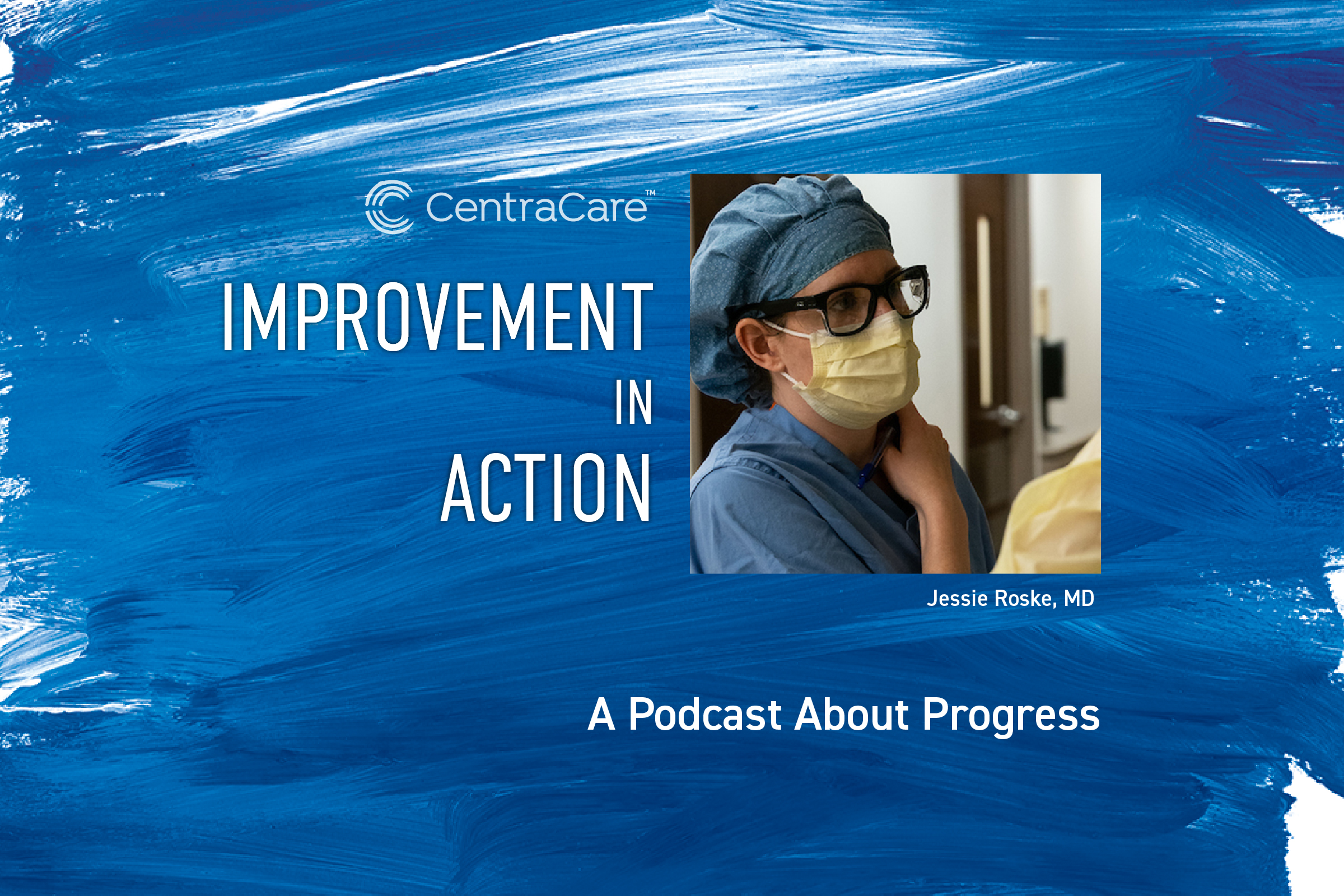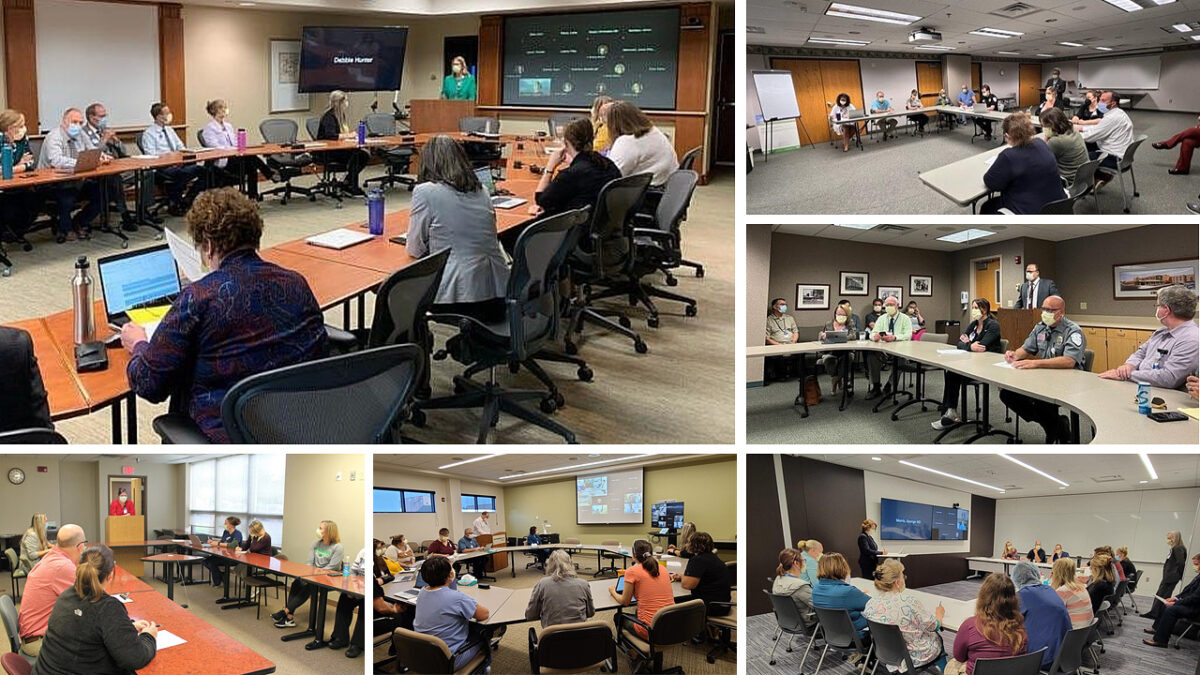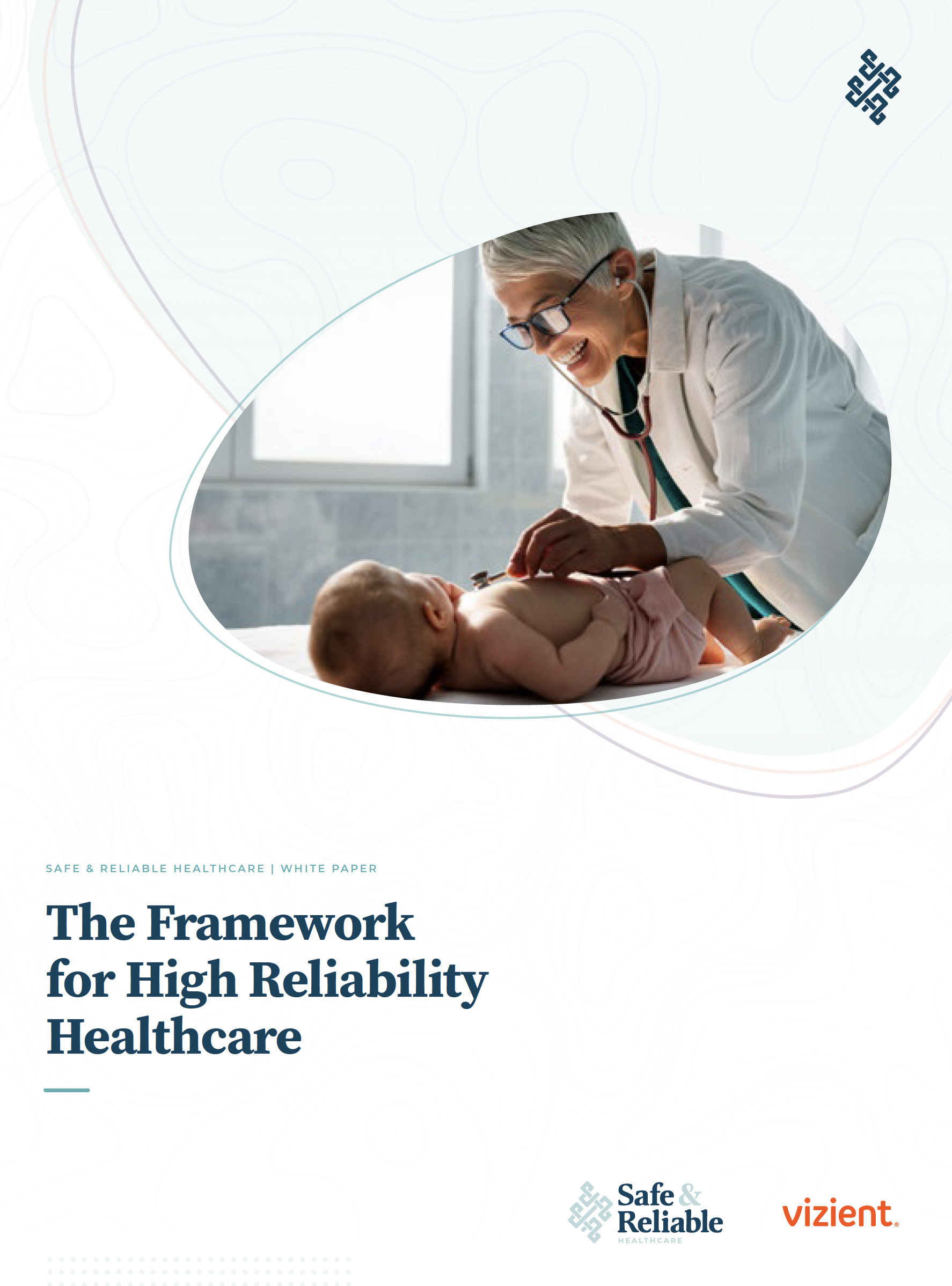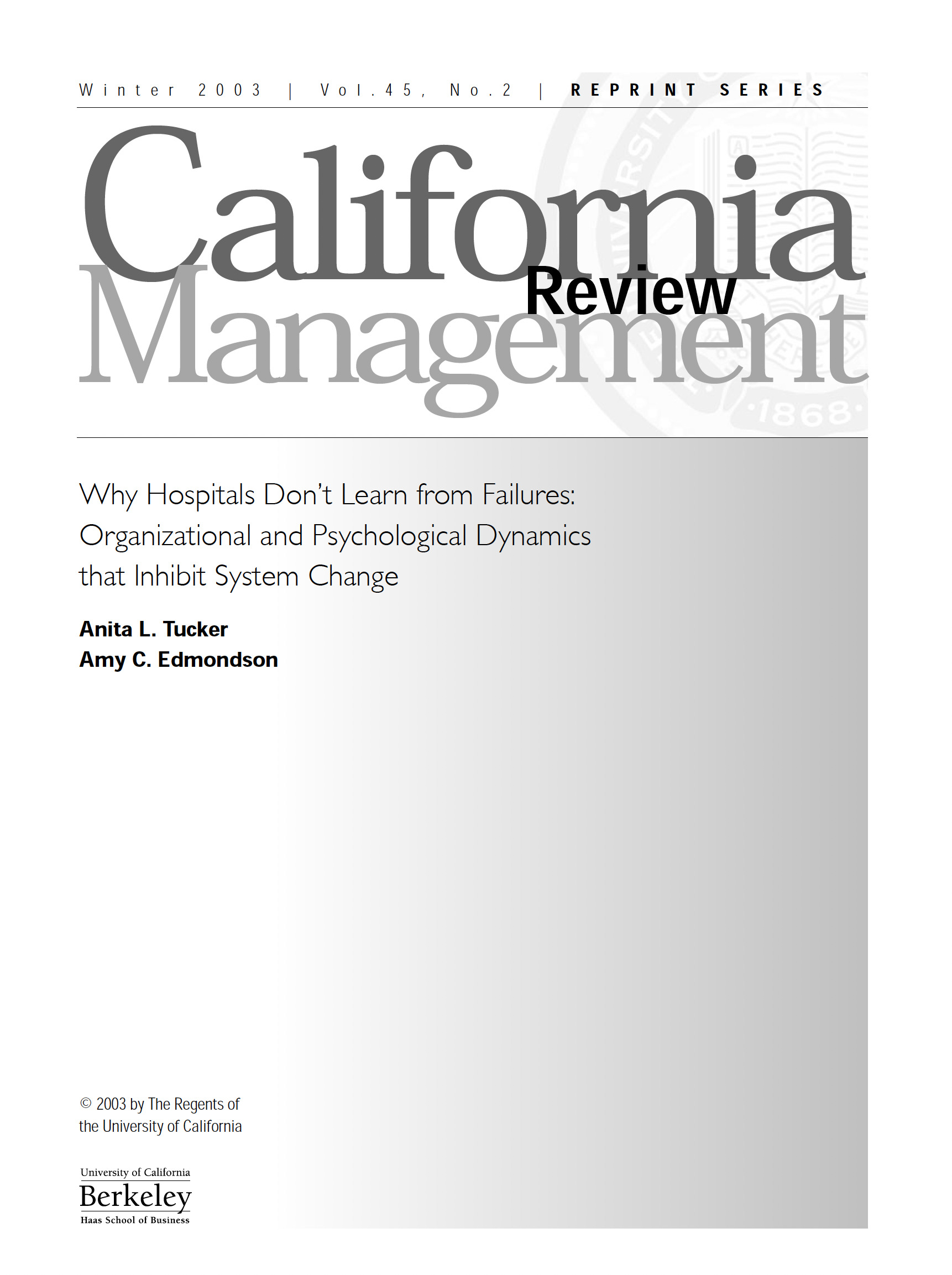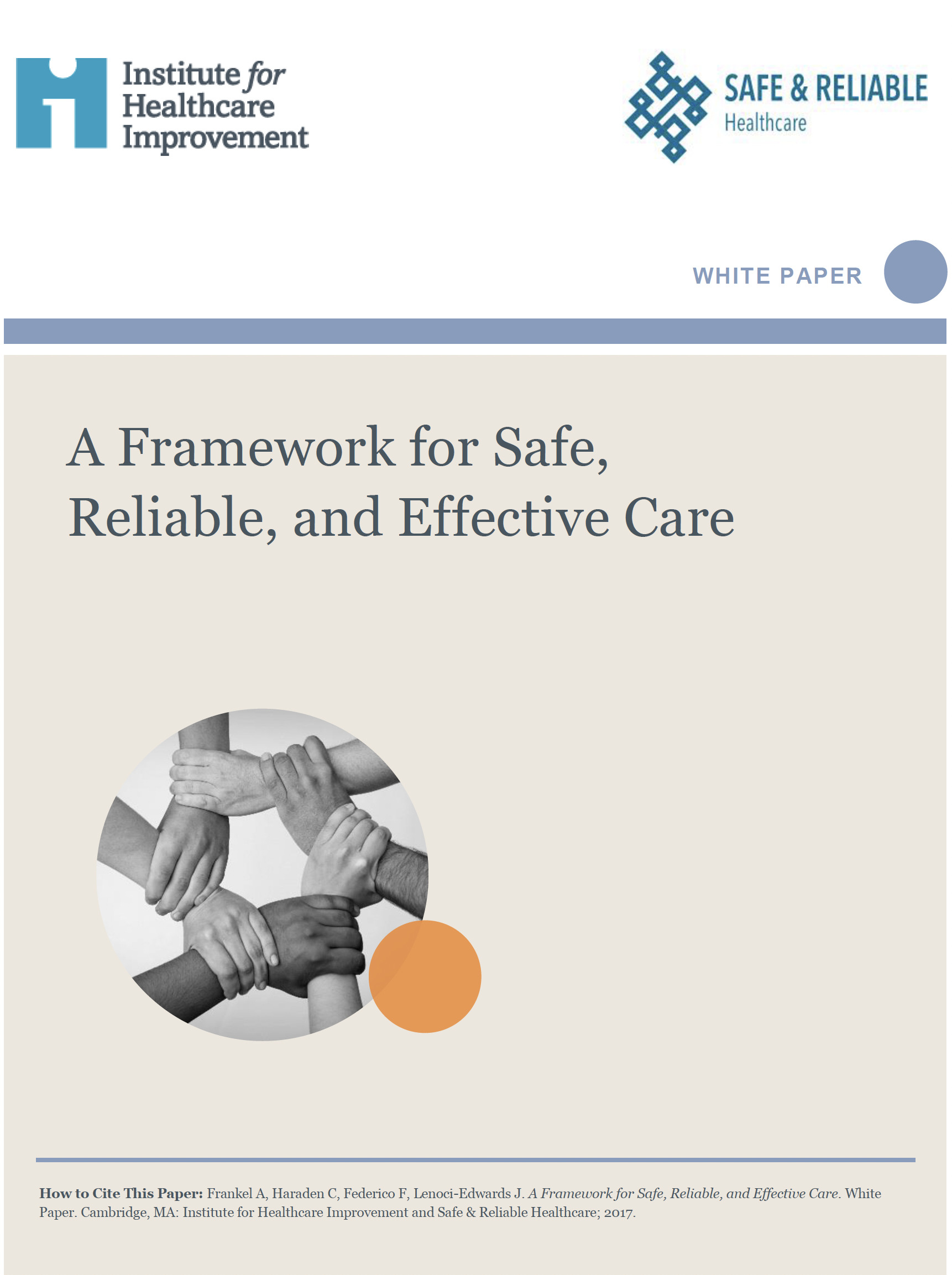
Improve


Clinical Partners Co-author Peer Reviewed Article
The operational objective was to develop a roundtrip, same‐day endoscopic procedures service where patients would transfer by ambulance to St. Cloud Hospital to undergo the necessary procedures and then return to the referring hospital for further care. The result, according to Dr. Fateh Bazerbachi, perfectly encapsulates CentraCare’s core mission of bringing tertiary care closer to home.
Improvement is a constant in healthcare. While we all endeavor to improve our individual practices, we also need focus as an organization. Following the lead of respected peers, we have begun the work to become a High Reliability Healthcare Organization (HRO). Our goal is zero preventable harm for our patients, our teams, and each other. In the coming months, you’ll learn more about the methodologies we are employing. At the outset, it is perhaps enough to know we have three areas of focus: safety — as in do no harm, eliminating waste through improvement science, and creating psychological safety for ourselves and our teams.
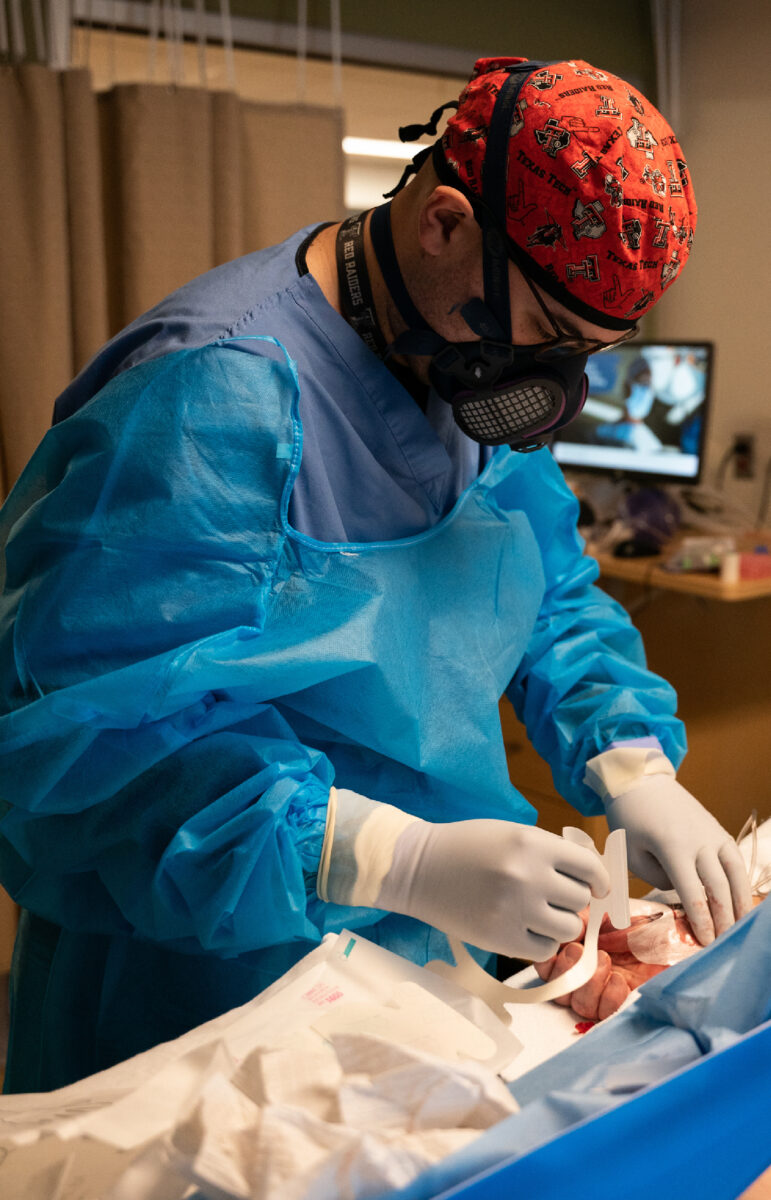
High Reliability Organization (HRO)

We have a thoughtful team working on the culture, practices and training we need to become a healthcare HRO. The team includes Dr. Joe Mercuri and Dr. Deb Peterson, who will directly engage us as Clinical Partners in the work. This is not a short-term, flavor of the month kind of program. It is a systemic approach to improvement that will reach every corner of the organization.
Listen to an interview with physicians Joe Mercuri and Deb Peterson. Together, they introduce several HRO principles drawn from their own practices. Their conversation is a primer for the HRO work ahead.
In addition to our work as caregivers, we will have an important role in eliminating waste and creating psychological safety. For now, familiarizing yourself with the fundamentals of healthcare HRO’s will provide important context. (See Third Party References Below)
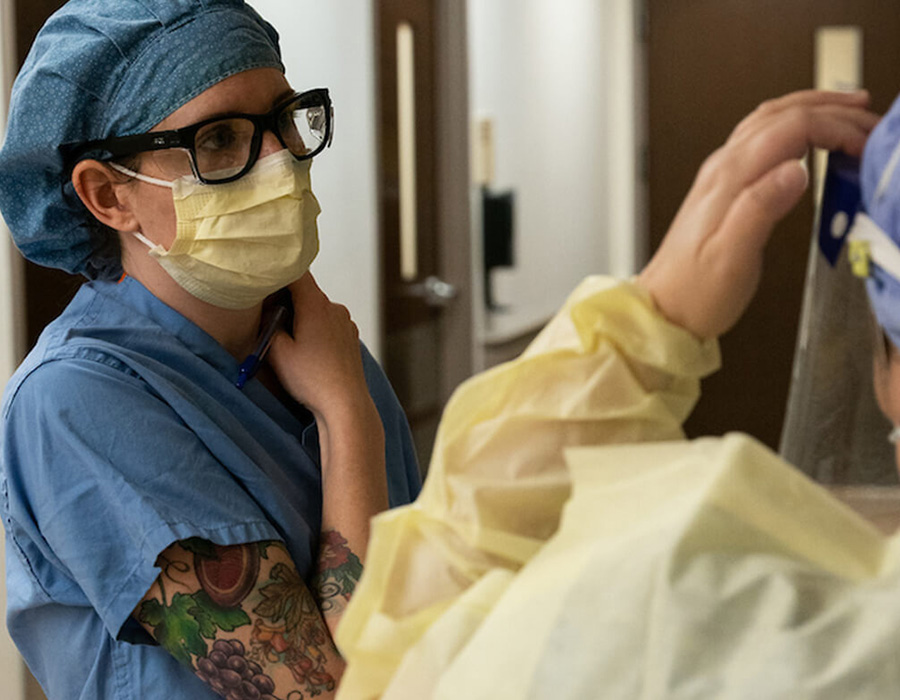
Getting Rid of
Stupid Stuff
G.R.O.S.S.
Dr. Jessie Roske is a hospitalist and the medical director for Clinical Optimization.
“The goal for Clinical Optimization is better, safer care. But how in a system as large as CentraCare could that be possible? I found value in an AMA publication called Getting Rid of Stupid Stuff. We need to consider the daily trials and wisdom of the people on the front lines. We need to ask the people who are stuck trying to swim upstream against a system that has flaws. They have really good ideas for efficiencies and how to make things better. How to eliminate waste.
But we need to shift from first-order problem solving — fixing the problem that is directly in front of you — to second-order problem solving that gets at the root cause and builds a systemic solution based on frontline staff input and improvement science.
In a direct connection to the HRO work, we need to learn from our failures and that is not something hospitals and healthcare systems do well. But the fact that the system is not improving just wears you down. It’s a negative driver on our resiliency. We can’t be an autonomous problem solver and fix it every single day. That’s not how we make a system that learns from itself. And it’s not how we make a highly reliable organization.
How do we start? We engender psychological safety for people to speak up and we reward that instead of rewarding somebody who just handles the problems one little bit at a time on their own only to encounter the same problem the next day, or for another person to encounter the same problem on the next shift.”
Other Key Improvement Practices
An Operating System
Healthcare is adapting a tested method for improvement (Coming Soon)

Third Party References
The list of Healthcare HRO’s is impressive. Some organizations, like Intermountain Health and Virginia Mason, began their journeys some time ago. We are learning from our peers as well as others who offer healthcare industry insights. To introduce yourself to the principles of High Reliability in healthcare, you could start with the book, Managing the Unexpected, as well as digesting the articles referenced here.
In another article, Design of high reliability organizations in health care, authors J S Carroll and J W Rudolph state the aim of HROs as “highly predictable and effective operations in the face of hazards that can harm hundreds or thousands of people…” They go on to characterize HROs as having a culture that includes safety awareness by employees at all levels and, “a willingness to shift decision making to knowledgeable experts including frontline employees who know the immediate situation and need to respond promptly…”
At CentraCare, we will refer to this work as: Safer Together.



